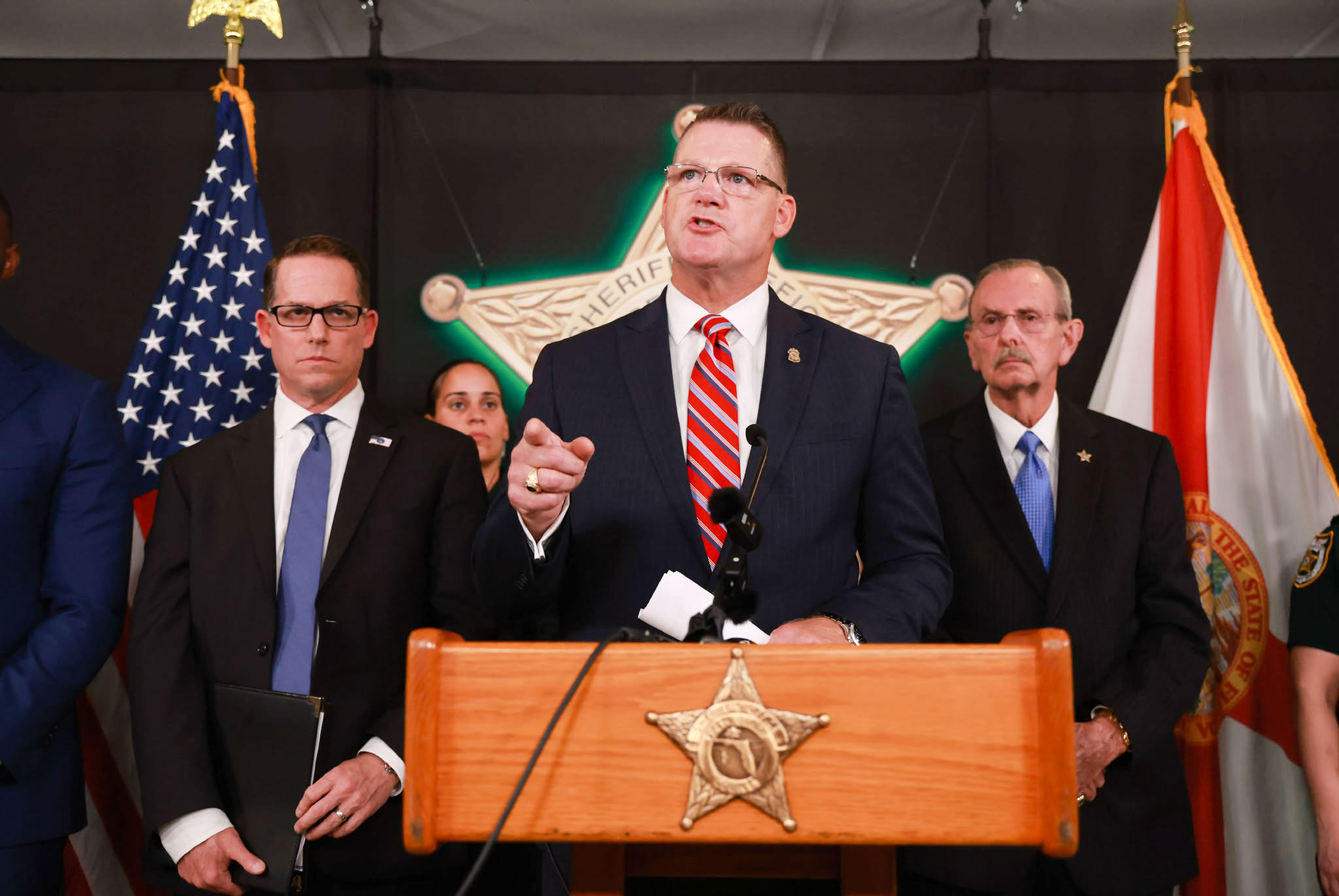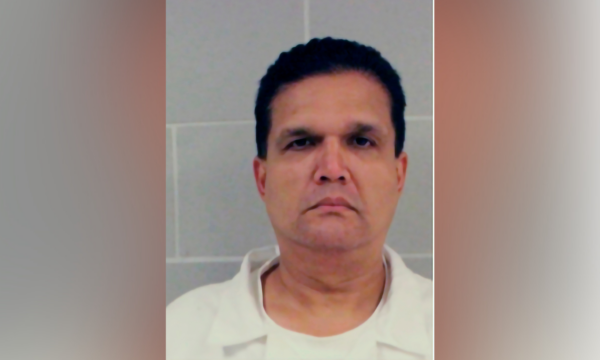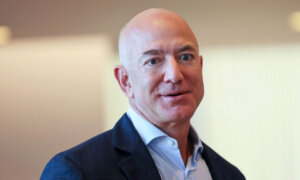Acting Secret Service Director Ronald Rowe said in a Sept. 16 update on the investigation into the second alleged assassination attempt on former President Donald Trump that the Secret Service will adopt a different approach to protecting current and former presidents.
At a Sept. 16 press conference, Rowe said that after the assassination attempt on the Republican presidential candidate during a rally in Butler, Pennsylvania, on July 13, he “ordered a paradigm shift.”
“The Secret Service’s protective methodologies work, and they are sound, and we saw that yesterday,” Rowe said. “But the way we are positioned right now in this dynamic threat environment, it has given me guidance to say, you know what, we need to look at what our protective methodology is. We need to get out of a reactive model and get to a readiness model.”
Ryan Wesley Routh, 58, the man suspected in the alleged second assassination attempt, was charged with two gun-related crimes in a federal court in Florida on Monday: possession of a firearm as a convicted felon and possession of a firearm with an obliterated serial number. More charges could follow.
He was arrested after allegedly fleeing the West Palm Beach golf course where Trump was playing on Sept. 15.
Authorities say a Secret Service agent was patrolling the perimeter when he spotted the barrel of a rifle poking out from the tree line. After the agent fired in the direction of the rifle, a man was seen fleeing the area on foot, then escaping in a Nissan SUV bearing the license plate of a stolen Ford truck.
The defendant invoked his right to an attorney when investigators sought to question him, Rowe said.
Secret Service Forced to Do ‘More With Less’
Rowe said the Secret Service said the agency has done “more with less for decades,” and at the moment, agents are maxing out their overtime shifts because they are pushed to work more to keep up with demand.In the lead-up to the election, Rowe said his staff has had to secure a variety of events, from the Republican National Convention and Democratic National Convention to a visit by Israel’s Prime Minister Benjamin Netanyahu.
He said that while the Secret Service is receiving support from Congress, the agency still has immediate and future needs that must be met for it to function effectively.
Chief among Rowe’s immediate suggestions is hiring more personnel to address staffing shortfalls and more training for snipers.
“I need to make sure that our counter snipers are the best trained counter snipers in the world, that they exactly doing what we need them to do, and they match counterparts in the military tier 1 forces,” he said.
“We also have a necessary need to make sure we are getting the personnel that requires us to have the funding to hire more people; you can’t just give me money and say we are going to make sure everyone gets overtime because the men and women of the Secret Services, right now, we are redlining them.”
The Secret Service website states that the agency currently employs 3,200 special agents, 1,300 uniformed division officers, and over 2,000 technical, professional, and administrative support personnel. According to an open data source on federal spending, USASpending.gov, the Secret Service’s budget is estimated at $3 billion, with approximately $2 billion already allocated.
Rowe said more is required from policymakers to ensure the agency continues to function to a high standard.
“Our folks are rising to this moment, but it requires all of us to have good conversations and make sure we are getting the Secret Service to where it needs to be,” he said. “We don’t have an alternative; success we have to have that every day; we can’t have failures; and in order to do that, we need to have hard conversations with Congress.”
Samantha Flom and Reuters contributed to this report.














